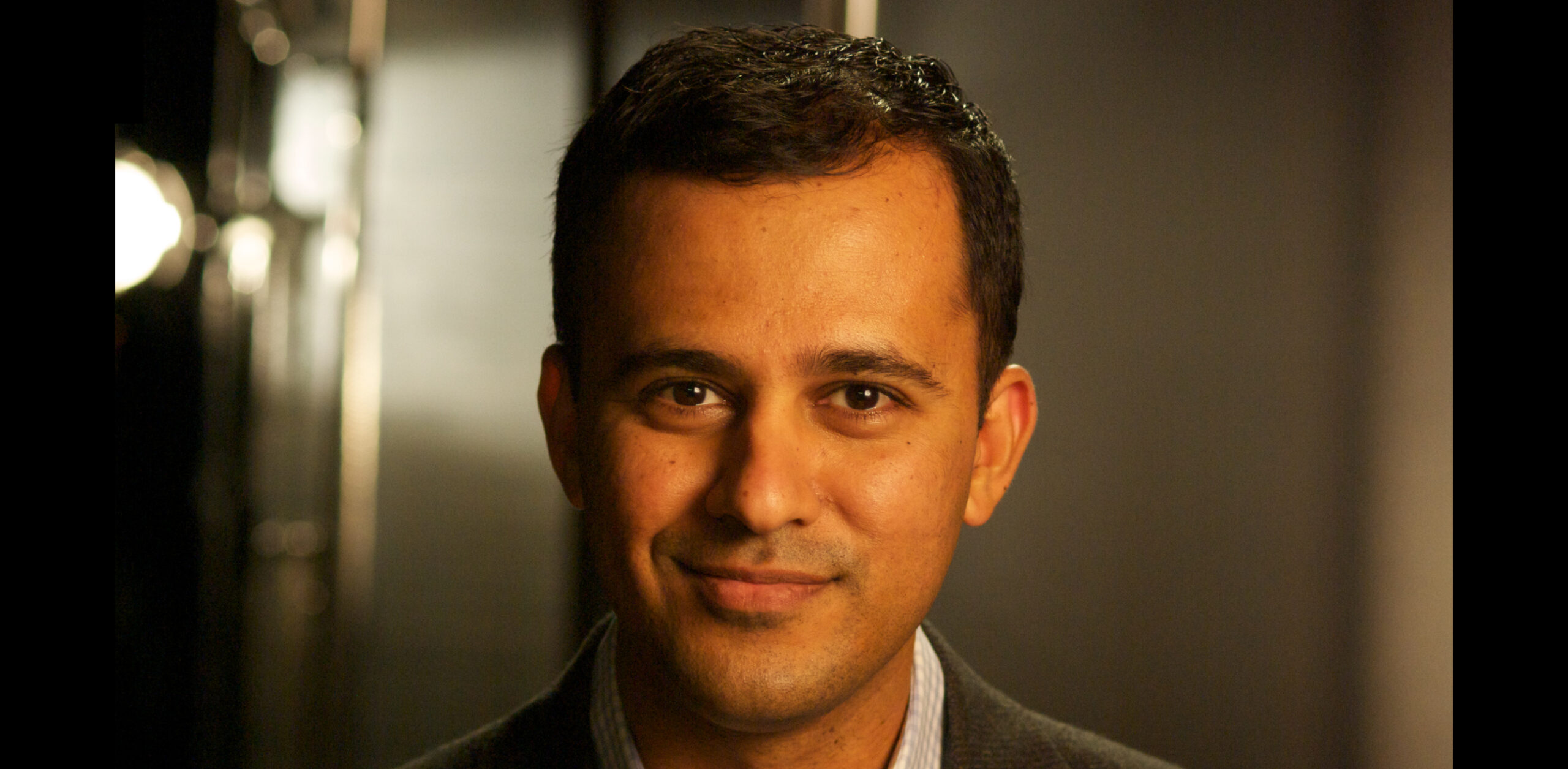Laxminarayan elected AAAS Fellow for studying, cautioning against antibiotic resistance
Ramanan Laxminarayan, senior research scholar in the High Meadows Environmental Institute (HMEI), was among six Princeton University researchers to be named 2020 fellows of the American Association for the Advancement of Science (AAAS) in recognition of their scientifically or socially distinguished work.
Laxminarayan was elected for his distinguished contributions to the field of economic epidemiology, with particular reference to the spread and control of antimicrobial resistance.
Also elected as 2020 fellows were HMEI associated faculty members Andrea Graham, professor of ecology and evolutionary biology, for her distinguished contributions to the field of ecological and evolutionary immunology, and Isaac Held, senior meteorologist in the Program in Atmospheric and Oceanic Sciences, for his major scientific advances in atmosphere science, climate and geophysical fluid dynamics.
Laxminarayan focuses his research on understanding the increasing resistance of disease-causing bacteria to antibiotics through overuse by humans and in livestock. As founder and director of the Center for Disease Dynamics, Economics and Policy (CDDEP), Laxminarayan has worked through public outreach and direct engagement with policymakers to draw attention to the urgency of approaching antibiotics as a shared global resource in crucial need of close management. He has served on the Presidential Advisory Council on Combating Antibiotic-Resistant Bacteria under Presidents Donald J. Trump and Barack Obama, and he played a central role in bringing the issue of drug resistance to the United Nations General Assembly in September 2016.
Laxminarayan currently leads the largest COVID-19 contact-tracing study in the world, which has studied more than a half-million people in India who were exposed to the novel coronavirus, SARS-CoV-2. The study team published its first results in the journal Science Sept. 30.
He previously served on the National Academy of Science/Institute of Medicine Committee on the Economics of Antimalarial Drugs and he helped create the Affordable Medicines Facility—malaria (AMFm), a $450 million financing mechanism that reduced the cost of antimalarial treatments worldwide. In 2012, Laxminarayan created the Immunization Technical Support Unit for India’s Ministry of Health and Family Welfare that is credited with extending vaccination coverage to 3 million infants around the country.


At HMEI, Laminarayan has mentored summer environmental interns studying epidemiology and antibiotic resistance both in the United States and internationally. He also established the Princeton environmental studies course, “Disease Ecology, Economics, and Policy,” more than 10 years ago, and taught the course both singly and with Bryan Grenfell, the
The tradition of AAAS fellows began in 1874. Fellows are nominated and elected by their peer AAAS members, and they must maintain the highest standards of professional ethics and scientific integrity. The 489 fellows for 2020 will be formally announced in the journal Science Nov. 27 with a virtual induction ceremony to be held Feb. 13, 2021.




